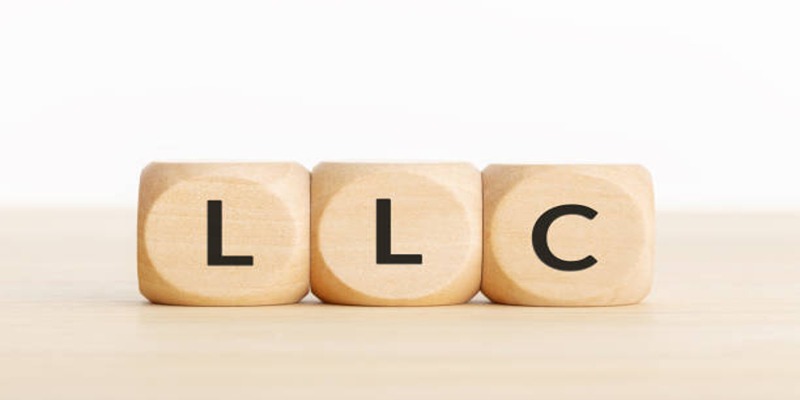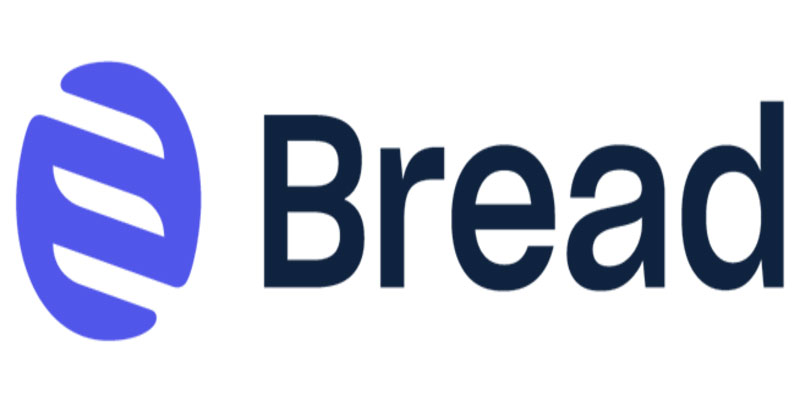
Consumers registered in a health savings account may be eligible for a specialized FSA called a restricted-purpose FSA. A health savings account is a particular savings vehicle that allows individuals to accumulate funds specifically to cover future medical costs incurred before those funds are subject to taxation.
Consumers are often offered the opportunity to enrol in LPFSAs and HSAs through employment. Typically, the Internal Revenue Service permits you to have either an HSA or an FSA—but not both. However, if your company allows it, you may open both an HSA and an LPFSA.
LPFSAs can cover medical and dental costs before the insurance deductible is reached. After the deductible is met, average eligible medical expenditures may be paid with funds from an LPFSA. This, however, is subject to the guidelines your company has set for the LPFSA account.
Health Savings Account vs Limited-Purpose FSA

An HSA, like an LPFSA, is a tax-advantaged savings account that may be used to pay for medical expenditures not covered by insurance. However, HSAs are broader—they cover a range of medical costs, including dental and vision. 5 By contrast, your LPFSA funds can only be used for qualified dental and eye care expenses.
Your company will deduct LPFSA payments from your salary in equal instalments throughout the year, but the whole sum will be made accessible to you on January 1. Your HSA balance, on the other hand, won't be used until you start making deposits.
You can access the money in your LPFSA in a few different ways, depending on the plan administrator: with a payment card, by completing a claim form for reimbursement by check or direct deposit, or by a combination of the two.
LPFSA Example
The amount you put into your LPFSA is a decision that should not be made lightly. To illustrate, suppose you can only utilize the benefit to pay for eye and dental care under your company's plan. Review your dental and vision out-of-pocket costs over the past year or two, and use your employer's summary plan paper to figure out which ones qualify.
Next, utilize this data to compile a list of all the eligible dental and vision costs you anticipate incurring in the upcoming year. Next year, you anticipate repeat visits to the dentist for two cleanings and X-rays. You don't expect to get any fillings because you have healthy teeth and rarely require dental care. You'll need new contact lenses and an annual eye test.
Where Do FSA And LPFSA Diverge From One Another?

Pretax donations can be made to both of these accounts. That implies the funds are sent to the FSA account before taxes are deducted. You can lower your taxable income by the amount you put into these accounts. Scenario: you have an LPFSA and a $100,000 annual income. It is possible to reduce your taxable income to $97,500 by contributing $2,000.
In most cases, only medical and dental expenditures are eligible to be paid for out of an LPFSA. In contrast, health FSAs can pay for a wide range of IRS-approved medical costs, including acupuncture, birth control pills, and monthly menstruation supplies. After you meet your health insurance deductible, you may be able to utilize funds from your LPFSA to pay for any remaining necessary medical care.
Can LPFSA Funds Be Converted?
LPFSA funds are often "use-it-or-lose-it," similar to a standard health FSA. You can't keep your LPFSA balance yearly unless your employer allows it. Contact your human resources representative to find out if your company provides a grace period or carryover period for you to use any unused funds in your account after the plan year ends.
Any balances from the prior plan year can be used up to 2.5 months after the end of the current plan year, thanks to this grace period. If your company allows you to roll over funds into the following year, you can save up to that amount. Neither a grace period nor a carryover can be provided for LPFSA contributions by your employer.
The Bottom Line
When paired with an HSA, LPFSAs can be an excellent method to save on eligible dental and eye care costs. When you set things up this way, having an HSA doesn't mean you have to forego the tax advantages of an FSA entirely. By reading the summary plan description, you can determine if your company offers a rollover provision or a grace period for using LPFSA money.











